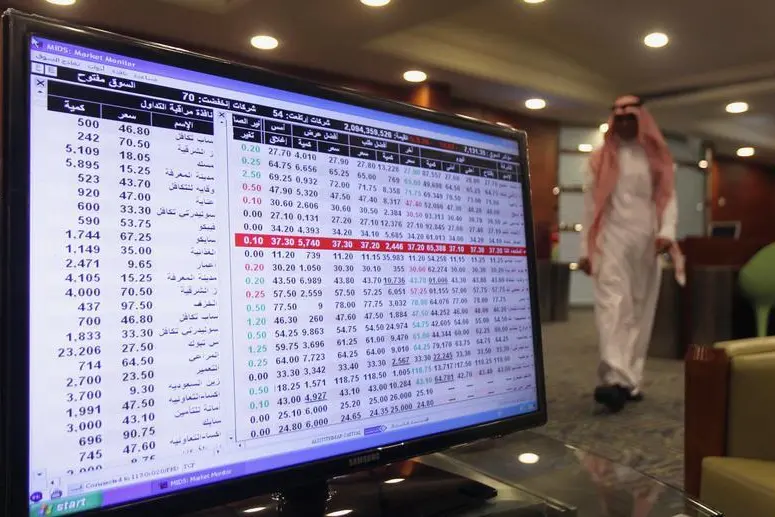PHOTO
The Saudi index retreated 3.3 percent in the first week of September, dropping the most compared to its peers in the Gulf.
On Wednesday alone, the Saudi index retreated 3.1 percent, tracking a 1.3 percent drop in the MSCI emerging market index, as worries over trade weighed on emerging markets.
Trade tensions between the United States and China reached their peak this week as the public consultation period on the Trump administration’s intent to impose tariffs on an additional $200 billion of Chinese goods ends later today.
Sentiment across global markets has been negatively affected by the tensions, in fear of a full blown trade war between the two countries. Many investors remained cautious or decided to stay on the sidelines until they get more clarity into where the crisis is heading.
On Thursday, the index retreated 0.43 percent, mainly dragged down by a drop in the shares of National Medical Care Company, which lost 4.58 percent and Saudi Cable company, dropping 4.21 percent.
“We are witnessing on Tadawul some sell off, mainly by foreigners, following the decline in the emerging markets index. The effect on the Saudi market was mostly a reflection of the weakness in emerging markets, as some investors considered that as an opportunity to book profits and exit for a short while,” Marie Salem, head of capital markets at FFA Private Bank (Dubai) Limited, told Zawya.
Despite the recent drop in the market, the Saudi index has added 6.3 percent so far in 2018.
The surge since the start of the year could be attributed to hopes from investors that index complier MSCI will include Riyadh in its benchmark emerging market indexes, which is expected to attract billions of dollars from foreign funds to the market, both passive and active funds.
In June, MSCI said it would upgrade the kingdom to emerging market status from mid-2019.
According to a Reuters Poll of 13 leading Middle East fund managers conducted at the end of August, 8 percent of participants expected to raise allocations to Saudi equities in the next three months, compared to 31 percent that planned to raise allocations in the previous poll. None of the participants had plans to reduce allocations though.
Elsewhere in the Gulf, Dubai’s index dropped 0.48 percent for the week, Abu Dhabi’s index retreated 1.37 percent, Qatar’s index dropped 0.6 percent, Kuwait’s index added 0.33 percent, while Oman’s index edged up 0.3 percent and Bahrain’s index added 0.13 percent.
(Reporting by Gerard Aoun; Editing by Shane McGinley)
(gerard.aoun@thomsonreuters.com )
Our Standards: The Thomson Reuters Trust Principles
Disclaimer: This article is provided for informational purposes only. The content does not provide tax, legal or investment advice or opinion regarding the suitability, value or profitability of any particular security, portfolio or investment strategy. Read our full disclaimer policy here.
© ZAWYA 2018





















